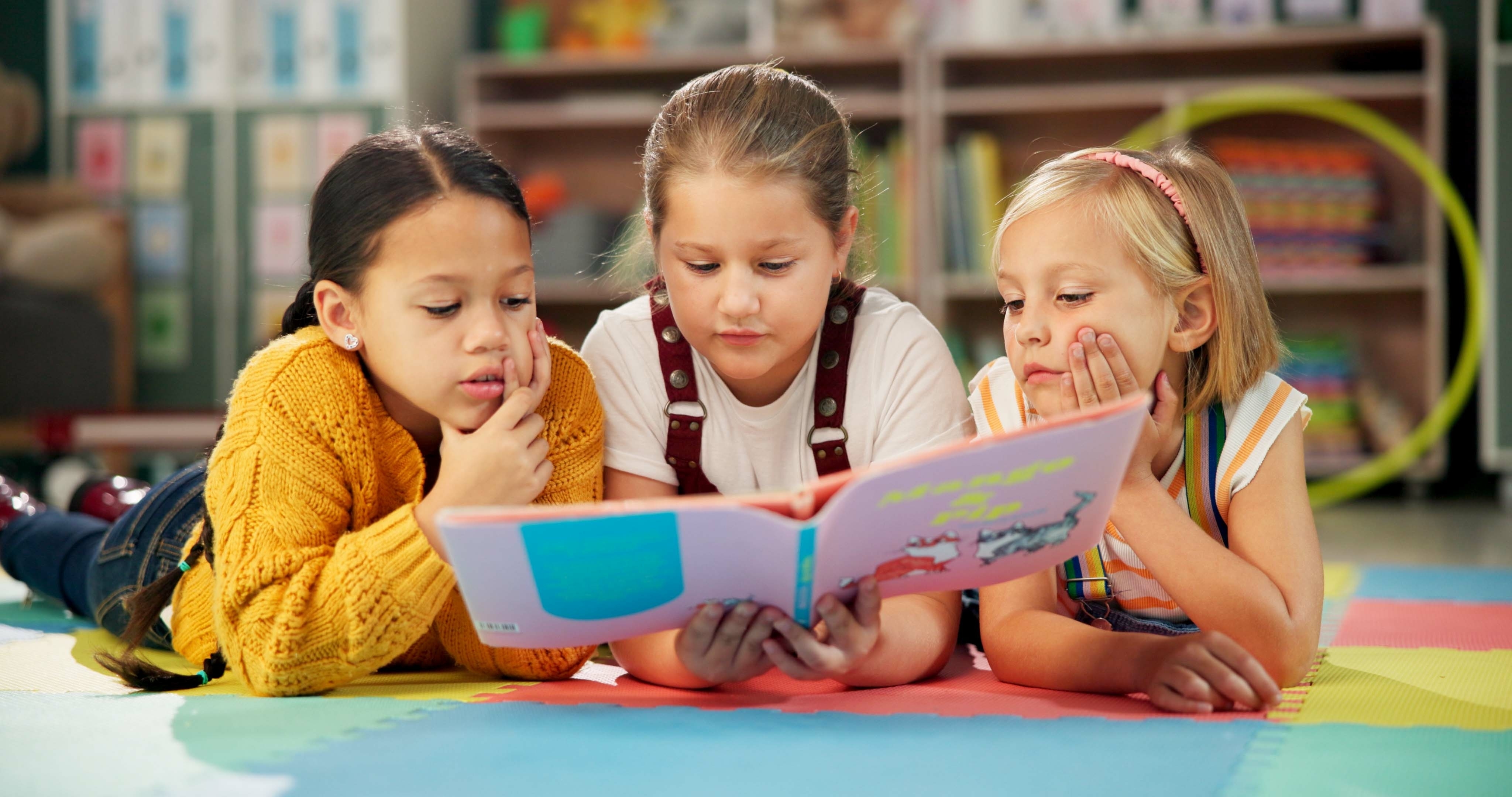Detection of Language and/or Literacy Disorders in multilingual children and Good Educational Practices (MultiLLDs)

The MultiLLDs project is a testament to our commitment to inclusivity in education. It is a collaborative effort that merges Educational Linguistics, Language Education, and Language/Literacy Disorders, focusing on multilingual education. The project is designed to equip a wide range of educators, including kindergarten and elementary teachers, foreign language teachers, speech therapists, and special education teachers, with resources to detect language and/or literacy difficulties (LLDs) and distinguish these from language differences. By including such a diverse group of educators, we ensure that no child is left behind. The project seeks to effectively develop strategies for managing such issues, further reinforcing our commitment to inclusive education.
The primary objectives of the MultiLLDs project are crucial steps towards a more inclusive and effective education system. The first objective is to create questionnaires that will empower educators to identify and differentiate LLDs in preschool (4-6 years) and school-age children (6-9 years) from linguistic differences in multilingual settings. The second objective is to develop a handbook of good educational practices, offering teaching materials and language and literacy enhancement strategies, specifically targeting children with LLDs. These objectives are not just tasks, but the keys to unlocking the potential of every child in our education system.
The expected outcomes of the MultiLLDs include two detailed questionnaires with manuals for use, a handbook on educational practices, and supportive materials published online. A web platform and social media channels will disseminate the project's materials and methods, spreading the knowledge and strategies developed through the project. The project's working languages are English, Greek, and French, ensuring that the benefits of the project reach both primary target groups (educators) and secondary ones (children with LLDs and their families), while also bolstering research and academic knowledge transfer.

